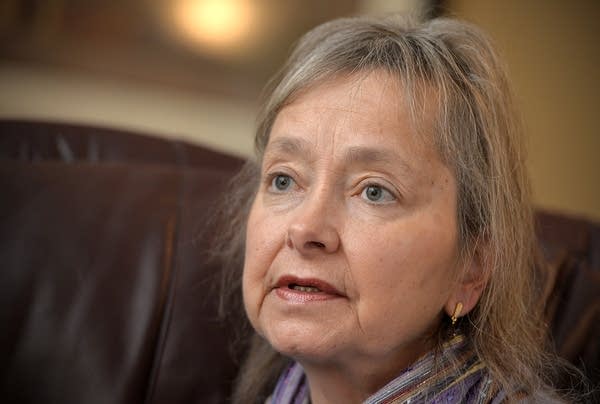Family tackles results of genetic testing for cancer risk

Joan Willenbring has battled ovarian cancer for 14 years. Now, because of a family history with breast and ovarian cancer, her sisters have made the radical decision to preemptively get mastectomies and hysterectomies.
Kimm Anderson | AP
Go Deeper.
Create an account or log in to save stories.
Like this?
Thanks for liking this story! We have added it to a list of your favorite stories.


